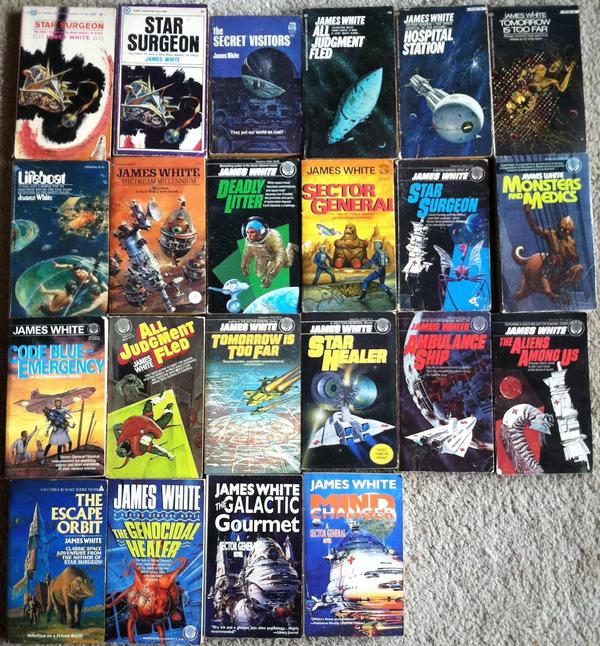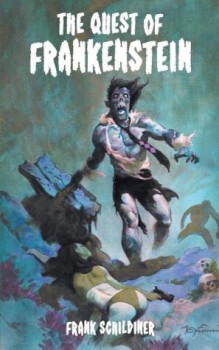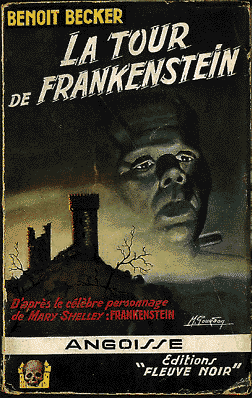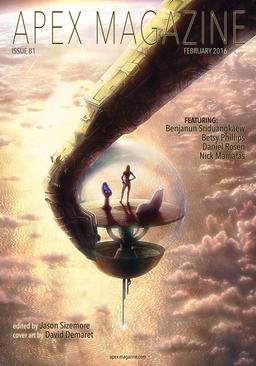Discovering Robert E. Howard: Howard Andrew Jones and Bill Ward Wrap Up Their Epic Conan Re-Read
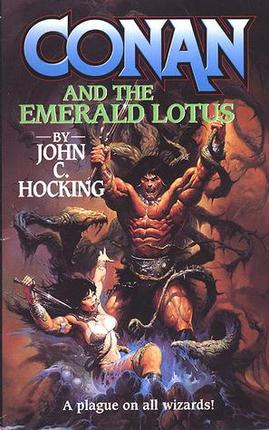 |
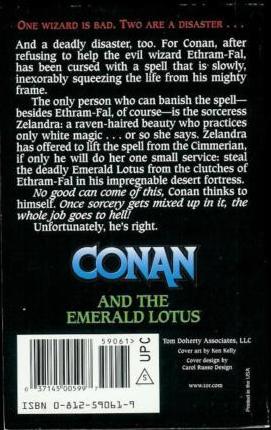 |
Howard Andrew Jones and Bill Ward have completed their epic re-read of every complete story of Conan the Cimmerian written by Robert E. Howard. They’ve been blogging about the project at howardandrewjones.com, and we’ve been following along with the viewers at home. In their wrap-up, Howard and Bill look over the vast catalog of Conan pastiches.
Howard: Such a fantastic character practically begs to have more adventures told about him, which is probably why the regrettable Conan pastiche industry popped up. Well, maybe not entirely regrettable, because I’ve read some I’ve really enjoyed…
Bill: I’m actually looking forward at this point to checking out the many pastiches I’ve never read — I’ve got a stack of Ace Conans that I’d started reading before we came up with the plans for this epic reread… I’ve never read the deCamp and Carter pastiches, or the other stories by REH that de Camp Frankensteined into Conan tales. It’ll be a while before I jump into that series, though, as [I’ll] be rereading all the REH tales again as well. As for other pastiches, I’ve only read a few — Wagner’s Road of Kings was good, and, of course, Hocking’s [Conan and the] Emerald Lotus is terrific.
Read the complete exchange here.
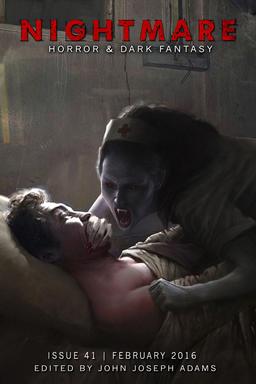
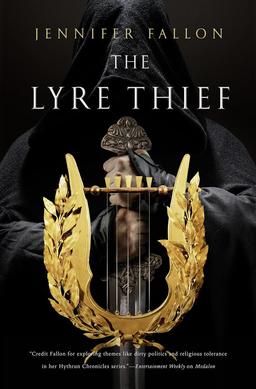
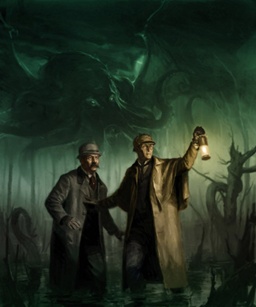

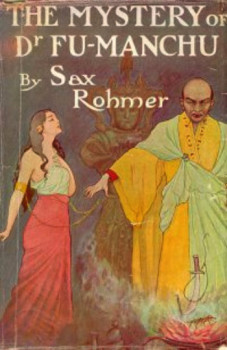
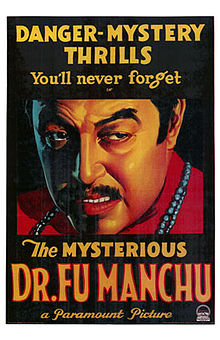
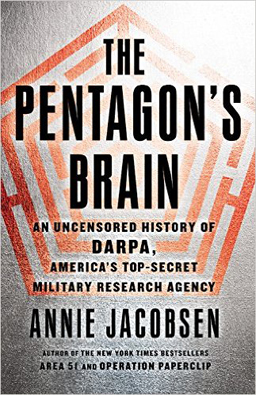 I sat down to read Annie Jacobsen’s 2015 book The Pentagon’s Brain — subtitled An Uncensored History of DARPA, America’s Top Secret Military Research Agency — thinking I’d get a new perspective on the development of the American military-industrial complex. And a new angle on the history of science in the 1950s and 1960s and beyond. Also that I’d learn a bit about the development of the internet, and who the people were who came up with it, and why they did, and what they were thinking. I got all of that. But I also found a new angle on science fiction, and the way SF shapes the world for better or for worse.
I sat down to read Annie Jacobsen’s 2015 book The Pentagon’s Brain — subtitled An Uncensored History of DARPA, America’s Top Secret Military Research Agency — thinking I’d get a new perspective on the development of the American military-industrial complex. And a new angle on the history of science in the 1950s and 1960s and beyond. Also that I’d learn a bit about the development of the internet, and who the people were who came up with it, and why they did, and what they were thinking. I got all of that. But I also found a new angle on science fiction, and the way SF shapes the world for better or for worse.